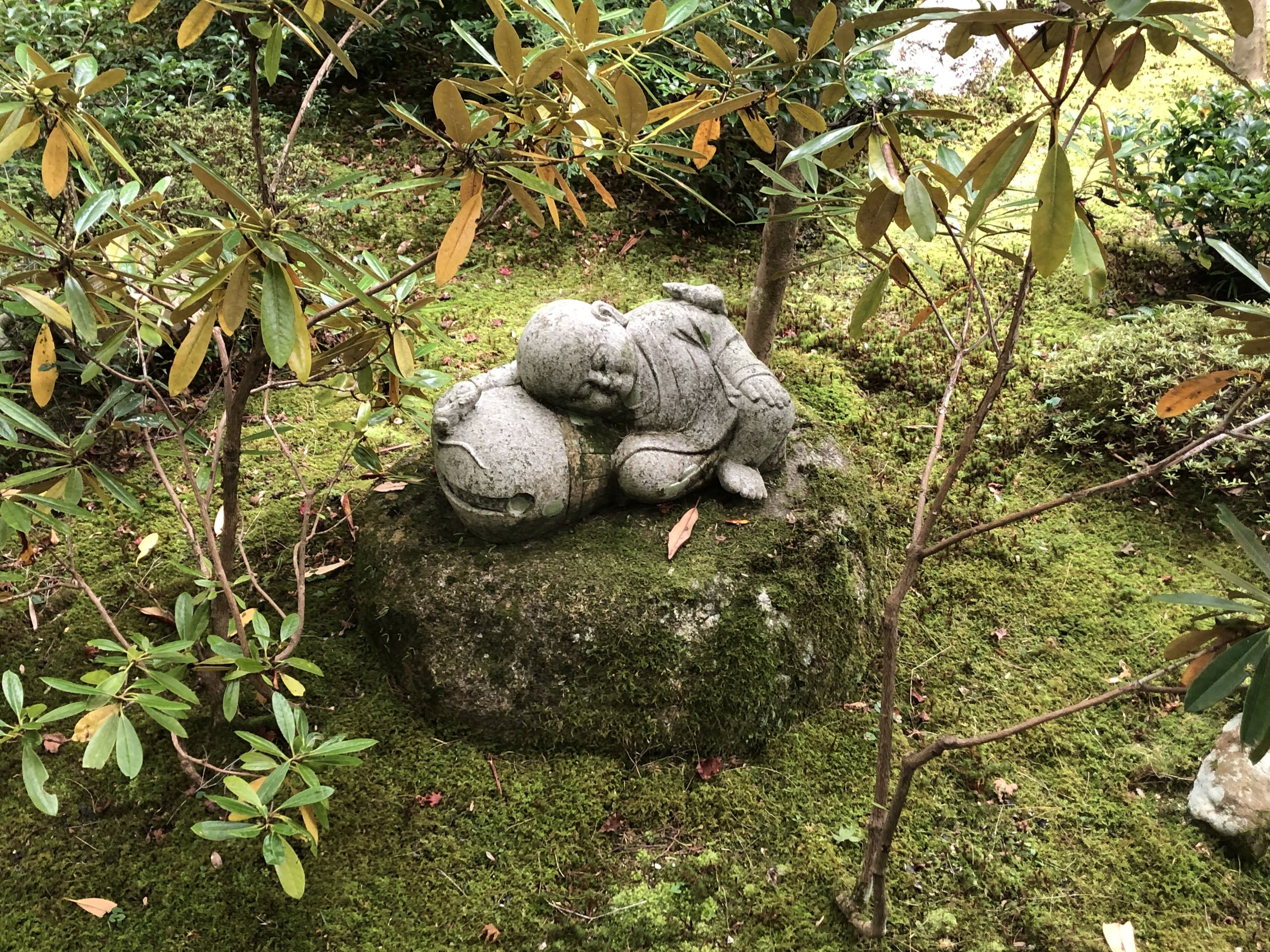Messenger by Mary Oliver
On Life and Leadership
Falling to the Ground
My Electrification Project
With the Inflation Reduction Act (IRA) passing the senate this past week-end, there will be many opportunities and new incentives for us to electrify our homes. In this newsletter, I want to share my experience of installing a heat pump to replace an aging, -actually ancient, central furnace. Even though this is a departure from my usual writing about life and climate coaching, I am hoping that you will find it of use and interest.
About a year ago, I embarked in this project of replacing our 1950s natural gas guzzling heater that was at best 60% efficient, extremely noisy and expensive to run, just to keep the house barely warm. This was an item on my personal climate punch list to reduce my personal carbon footprint (read more about climate actions and climate punch lists in my blog post of January 2022).
Living in San Francisco Bay Area (California), I started my journey with a call to the Bay Area Regional Energy Network (BayREN). BayREN is a coalition of the Bay Area’s nine counties — a network of local governments partnering to promote resource efficiency at the regional level, focusing on energy, water and greenhouse gas reduction. I had heard about the coalition on climate podcast and collective My Climate Journey. On BayREN’s website I found extensive resources on how to be more energy savvy, and I got in touch with an energy advisor who guided me on my options for replacing our furnace. BayREN also provides a list of participating energy professionals who know about the rebates. I selected three contractors in my county from that list to start scoping the project.
Retrofitting an older house with a new, more energy efficient HVAC system is not as simple as it may seem. There are many options to review and consider to size the system properly: one system or multi mini-split systems, heating only or heating and cooling, whole house fan or A/C, etc... And once you think you have selected what you want at a cost you can afford, you may be faced with the need to remove asbestos, upgrade your electric panel and either insulate or replace ductwork. Some of these upgrades are rebate eligible, some are not.
I was lucky in selecting an amazing contractor (whose name I am happy to share if you email me): the work was flawlessly completed in two weeks, last May. Working with BayREN and this contractor was instrumental in getting an all-electrical system that now heats and cools the house silently and efficiently, and which renders the house so much more comfortable. But it took 10 months from start to finish, and was expensive despite the rebates.
With the Inflation Reduction Act, it’s likely that more incentives in the form of rebates will be available. I am hopeful that as a result, more of us will take advantage of these to electrify our homes whether for a cooktop, a water heater or central heating. All these efforts will collectively reduce our green house gas emissions which is critical on this warming planet. In my house, we are still using natural gas for heating water and for cooking: electrifying these will be top of list for my next climate actions list. In the mean time, by replacing our central heating system with a heat pump, we are not only reducing our fossil fuel consumption, but we are also gaining the extra comfort of having a cooling system which may prove necessary as the planet continues to heat up. I am looking forward to comparing our year-to-year energy costs in May 2023.
Whether or not you live in San Francisco Bay Area, my recommendation is to look for organizations like BayREN that can guide you in your electrification project. You also need to make sure your electricity is clean. Ours is provided by Peninsula Clean Energy, (a Community Choice Aggregator (CCA) and the official electricity provider for San Mateo County) who is on an agressive path to provide 100% renewable energy 24/7 by 2025. (Read how they plan to do that in this fascinating whitepaper).
If you want to know more about my journey to electrification or if you would like to share yours, please email me.
Working Together by David Whyte
Tidbits for the Summer Months
The Age of Not Knowing by Maira Kalman
What era are we in?
The era of not knowing.
In that there is so much to know,
the only recourse is not to know.
Or, we are incapable of knowing what we need to know.
Which, like everything, can have a good side and a bad side.
The bad is that we don’t know what will happen.
And the anxiety this provokes is vast and constant.
What new terror lurks?
The good is that we don’t know what will happen
and it could be a pleasant surprise.
The other good is that we can decide what we need
to have happen in the moment. And take action.
Go down the stairs and go outside.
Go up the stairs and into the room.
We don’t know the outcome of doing something.
Again, it is impossible to know.
But the life must be lived and the chances must be taken.
And perhaps it won’t be all bad.
You never know.
How Can We Be Good Ancestors?
In a previous newsletter titled Developing a Larger View of Time- Cultivating Timefulness, I wrote about the need to shift our short-termism to longer time horizons, to embrace timefulness, Cathedral and Seventh-Generation thinking (terms for which you can find definitions in this Timefulness Resources page).
How Can We Be Good Ancestors? Self-Reflection from the book The Good Ancestor by Roman Krznaric
This is a self-reflection from the book The Good Ancestor- A Radical Prescription for Long-Term Thinking by Roman Krznaric. It’s based on the six ways of thinking long that the author recommends.
Deep-Time Humility:
What have been your most profound experiences of deep time, and how did they affect you?
Intergenerational Justice:
What, for you, are the most powerful reasons for caring about future generations?
Legacy Mindset:
What legacy to you want to leave for your family, your community, and for the living world?
Transcendent Goal:
What do you think should be the ultimate goal of the human species?
Holistic Forecasting:
Do you anticipate a future of civilizational breakdown, radical transformation, or a different pathway?
Cathedral Thinking:
What long-term projects could you pursue with others to extend beyond your own lifetime?









